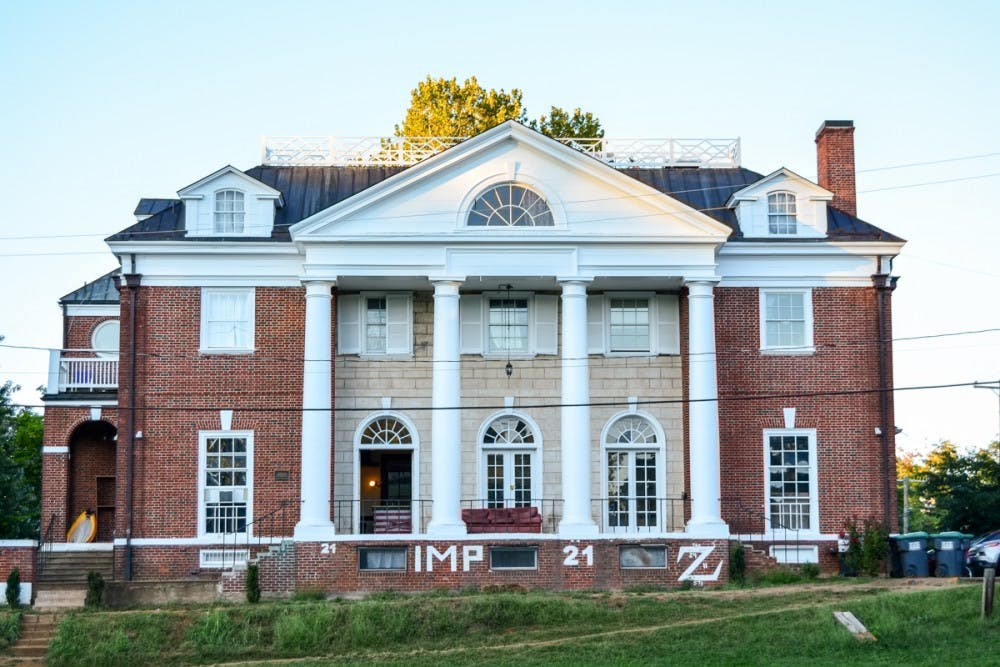Nearly three years after the release of “A Rape on Campus,” litigation regarding the now-retracted Rolling Stone article has been reopened.
After their case was dismissed last year, three former Phi Kappa Psi brothers and University graduates — George Elias IV, Stephen Hadford and Ross Fowler — have had their defamation suit against Rolling Stone reopened after the U.S. Court of Appeals for the Second District honored their appeal.
The case was originally dismissed by the U.S. District Court for the Southern District of New York due to a lack of evidence to support the brothers’ claim that individuals named in the article were “of or concerning” them. Most of the evidence to support the brothers’ claims are found in long excerpts of the article detailing Jackie’s alleged experiences.
“Such statements, and the several others block-quoted in the Complaint, are too general and attenuated to be ‘of and concerning’ any of the three plaintiffs,” U.S. District Judge P. Kevin Castel wrote in the dismissal.
The former brothers also previously sued for small group defamation, alleging that the article misled readers to believe Phi Kappa Psi initiated their pledges by making them commit rape, and that members of the fraternity “had guilty knowledge of Jackie’s rape.”
The U.S. District Court dismissed the small group defamation claim as well, saying that while Phi Kappa Psi does meet the qualification of a “small group,” statements in the article merely portray the fraternity in a negative light and do not constitute defamation.
“While the statements may portray Phi Kappa Psi in a negative light, they do not
expressly or impliedly state that the fraternity required all initiates to participate in a rape, or
impute any knowledge of such a requirement to the plaintiffs,” Castel wrote. “They therefore fail to state a claim of small-group defamation.”
The U.S. Court of Appeals for the Second Circuit has disagreed with Castel on both accounts.
The court ruled 3-0 that the judge incorrectly dismissed the case. When evaluating the claims of each individual brother, the court ruled that two have sufficiently provided evidence that the article was “of or concerning” them, while one provided a possible yet implausible case.
While the appellate court agreed with Castel’s ruling that Phi Kappa Psi did meet the qualifications for a small group, the court ruled against his position on the fraternity not being accused of forcing initiates to rape in order to gain membership. The court ruled 2-1 in favor of the possibility of a small group defamation theory, although they did refer to the ruling as a “close call.”
“However, we disagree with the District Court’s conclusion that the Article did ‘not expressly or impliedly state that the fraternity required all initiates to participate in a rape, or impute any knowledge of such a requirement to plaintiffs,’” the court wrote. “Taking the allegations in the Article together, a reader could plausibly conclude that many or all fraternity members participated in alleged gang rape as an initiation ritual and all members knowingly turned a blind eye to the brutal crimes.”
The appellate court has returned the case to Castel in Manhattan, with a court date not yet announced.







